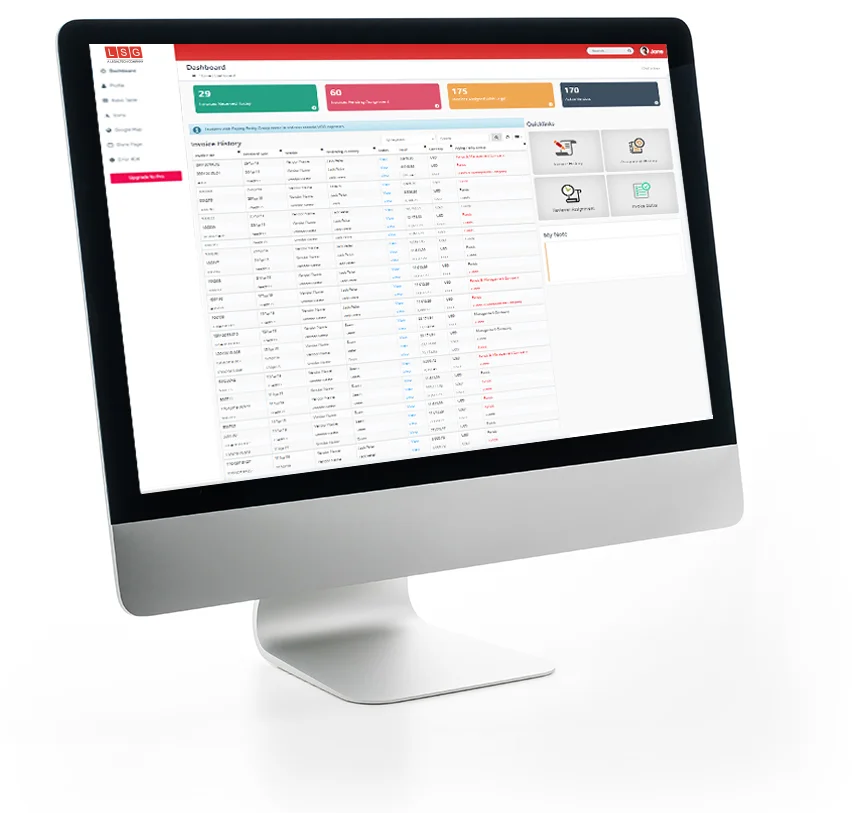Blog
Invoice audit services in new era!
Published by Brad Tait on Nov 22, 2016

Why are invoices from professional services treated differently to those of trade suppliers? A standard accounts payable process, which all trade supplier invoices are subject to, involves a rigorous audit or review process. It is accepted business practice to question and query every item and amount that seems out-of-line to the purchase order or supply agreement. So what is the difference then with professional services invoices such as legal invoices?
Let’s look at the two side-by-side:
| Standard Accounts Payable (AP) | Professional Services |
| Supplier asked to quote | Billing guideline established, or lawyer sends letter of engagement |
| Quote accepted and purchase order issued | Letter of Instruction issued to lawyer, and lawyer gives advice on fee budget |
|
Goods and/or services delivered, supplier issues delivery note, job card |
Receive correspondence from law firm giving details of work done as per client’s instructions |
| Supplier Invoice received | Legal Bill / Invoice received |
| AP check that goods/services delivered are as ordered and that it has been approved. | Legal/claims check items on invoice/bill are correct |
| AP check prices invoiced are as quote or purchase order | Legal/claims check rates on invoice/bill, check also for items / disbursements charged for where billing guideline agreed that those were no-charge |
| Any discrepancies are raised with supplier, and either a credit note is raised, or supplier can provide info that supports the differences | Any discrepancies are raised with law firm, and either a credit note is raised, or supplier can provide info that supports the differences |
| AP authorises or gets delegate to authorise invoice for payment | Legal/claims authorise or gets delegate to authorise invoice/bill for payment |
| Supplier is paid | Law firm is paid |
Whereas accounts payable is automated and system driven, by and large the process of legal invoice audits is manual, slow, inconsistently applied and ties up staff with administration instead of higher value work. Accounts payable staff are trained and specialised. Legal and claims staff are also highly trained and specialised, just not in accounts payable and legal bill reviews.
The good news is that with eBilling, the legal invoice review work can be automated using legal billing software. Instead of a long and manual process, automation gives legal vendors the ability to submit eBills, frees up highly-trained staff to focus on the value-add work and keeps them from being bogged down with administration. They are also not faced with negotiating billing disputes with the law firms.
The whole legal bill review process is then quick, accurate across all invoices submitted and the billing dispute process is handled by an expert third party allowing your organisation to be the “good guys”.
Stagnant economies and low growth are forcing companies to look at costs by reducing headcount, which increases productivity through increased caseloads. Cost reduction is often just focussed on reducing headcount and not all the cost components of a claim. The knock-on effect is less time to get through the tasks at hand, and at some point claims leakage starts to increase. Normally, increase in productivity is achieved through some form of automation of manual tasks, outsourcing, or stopping unnecessary tasks.
Human nature suggests that people are attracted to doing the work they like the best, putting off the harder or less interesting work – and not always focussing on the priorities or highest value tasks. This can lead to legal invoices not being given the due attention they deserve and law firms are not always promptly paid.
Invoice audit services allow time pressure to be somewhat relieved – allow the staff to focus on higher value work. In a parallel universe one often reads or hears General Counsels talk about structuring in-house legal departments around the higher value work and outsourcing the high transactional work (which can be done through LPO arrangements), and specialised legal services like litigation / M&A advice.
Increase efficiency through automation, increase the accuracy of your legal invoice reviews by automating or outsourcing. Companies are leaving vast amounts of money on the table – either the staff are too busy, or management make assumptions that staff are auditing the legal invoices (either all, or consistently across all staff).
Brad Tait has over 30 years of Australian and international experience in the financial services sector. He possesses expert knowledge in commercial insurance, commercial claims and underwriting, credit and risk management. With a driven inner passion for delivering customer success he applies significant experience in business process design from both a systems and people perspective.
Prior to joining LSG, Brad worked with Suncorp Group as a product Manager where he managed claims of 161 NSW Government Agencies with a staff of 90. In the past he was also engaged with JLT Australia as NSW State Claims Manager.



